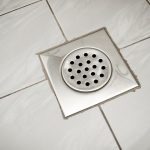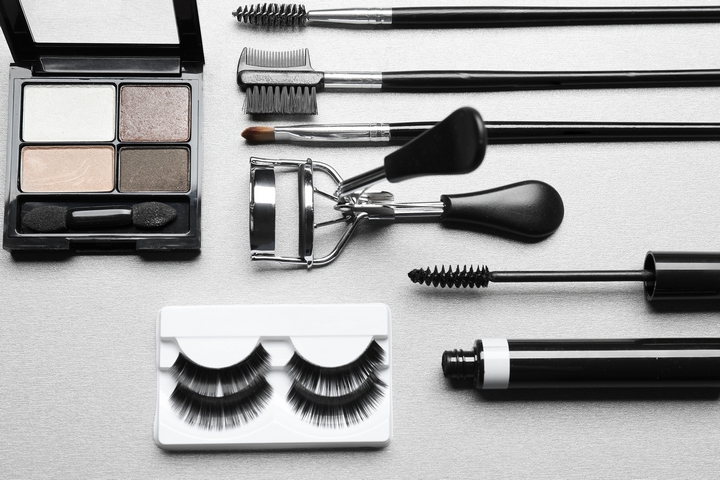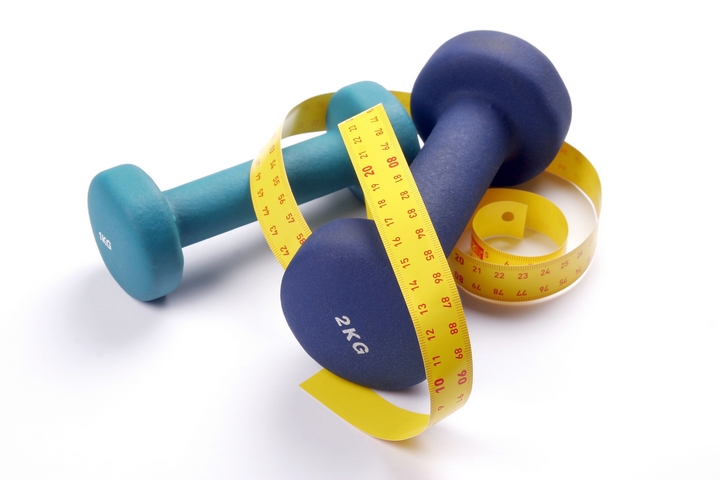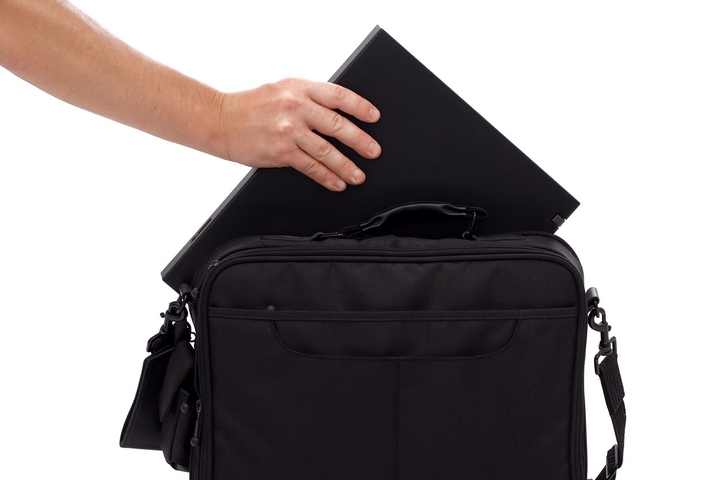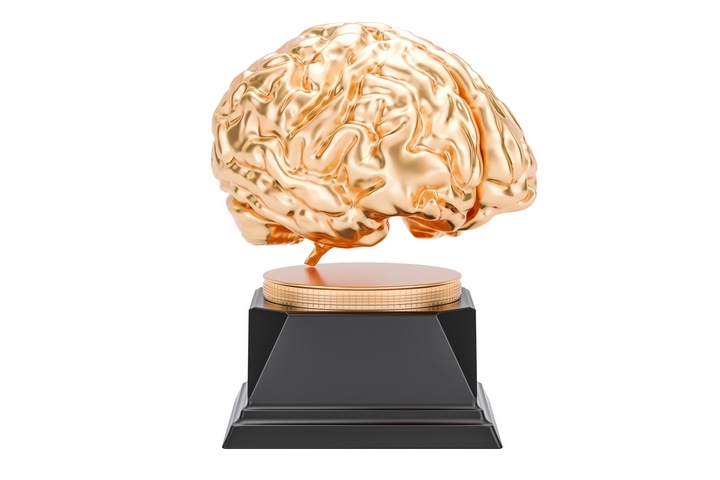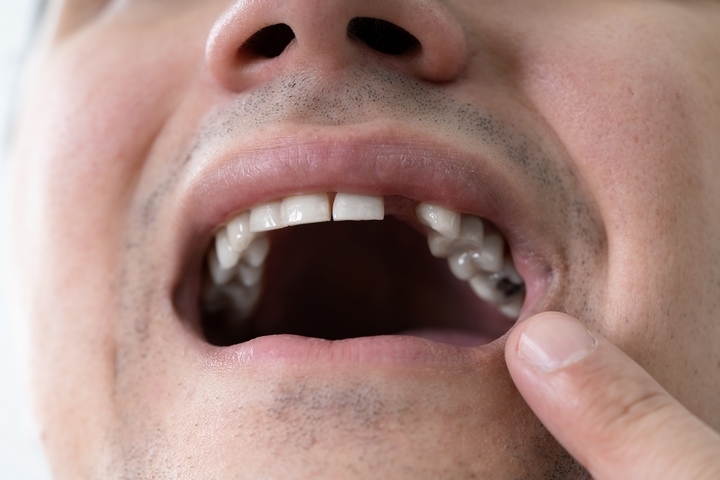
You only get one set of adult teeth in your lifetime. Sometimes, no matter how well you take care of your teeth, things happen, and you lose a tooth.
Adult tooth loss is no laughing matter (no pun intended). Losing teeth for reasons other than aging can be a very overwhelming experience for many, especially when you don’t know what to do. Missing teeth, especially at the front, can cause many self-confidence issues.
If only we could regrow missing teeth the way that sharks do. Sadly, that’s not the case. Thankfully, we live in a modern world where dentists are readily accessible to help us with our dental issues.
Losing a tooth is normal. Many people go through this experience, and you’re not alone. If it’s not due to an injury or other oral hygiene-related issues, it’s because of old age. Losing teeth in our adulthood is not quite the excitable experience it is when you’re a child, but it’s not the end of the world.
If you have a missing tooth or several missing teeth, here are some options to consider:
1. Salvage the tooth if you can
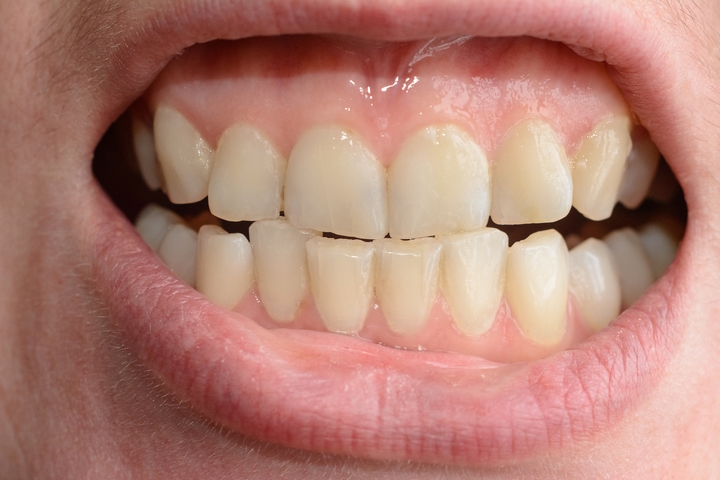
If the tooth falls out and it can be salvaged, quickly rinse it out and place it in a container of saline solution. This will help kill any bacteria that might cause the tooth to get infected. The saline solution protects your tooth until you can get yourself to the dentist and get it assessed.
If you don’t have any saline solution handy, a glass of milk does the trick. Rinse the tooth out with cold water, not hot water. Sanitize it as best you can, but avoid overdoing it.
2. Stop the tooth bleeding

If the gum is bleeding after the tooth has fallen out, grab some dry cotton balls and put them in your mouth to stop the bleeding. The same way you would after a trip to the dentist. Very gently, once the cotton ball is in place, place some pressure on the area with your fingers to try and stop the bleeding. Or at least minimize the bleeding until you can get to the dentist.
Bring a bottle of water with you on your way to the dentist to rinse out your mouth. After rinsing, replace the cotton pads or balls with some new ones. Keep repeating this step until the bleeding stops or until you’ve arrived at the dentist.
3. Put your tooth back in its socket
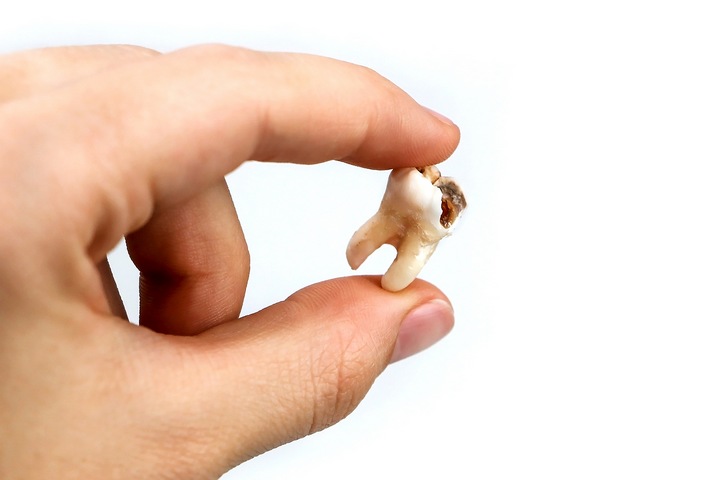
This step depends on the kind of injury you’ve experienced. If the tooth can be put back in its socket after you’ve rinsed it out, then that’s what you should do until you get to the dentist.
Once you’ve rinsed out your tooth, very gently put your tooth back in its socket. Get a cotton gauze or ball and place it over your tooth, then bite down on it. This should stop the tooth from moving around until you can get to the dentist. Your dentist will then tell you if the tooth can ultimately be saved or not.
4. Get dental implants
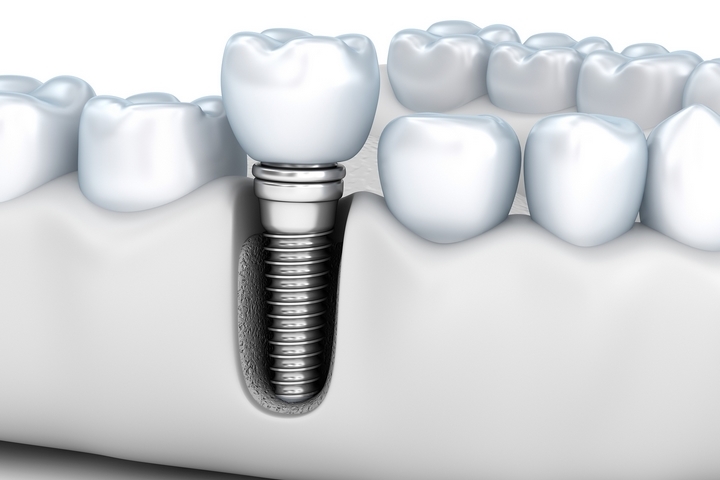
The best replacement for a missing tooth would be to go with dental implants Toronto. It is the best way, but it is also the most reliable option. It’s a permanent solution that is the least invasive.
Undergoing a dental implant procedure is relatively painless and quick. If it is just a single tooth that you’re replacing, a screw will be placed in your jaw to hold your new tooth in place. It sounds alarming, but don’t worry because your dentist knows what they’re doing.
5. Get dental bridges
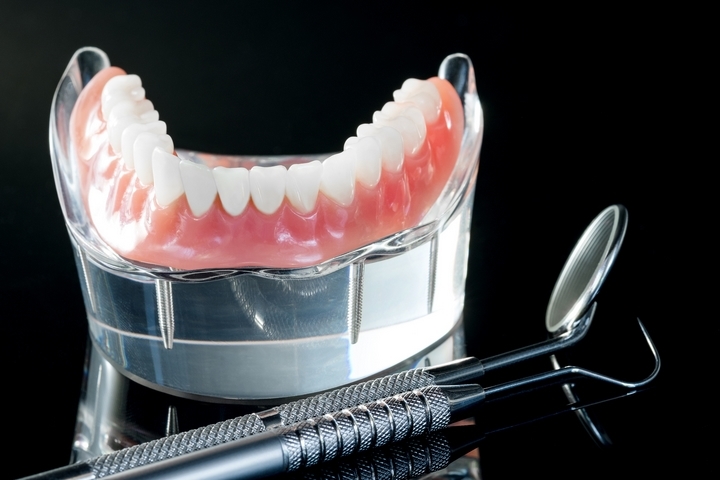
This solution works best for those with more than a single missing tooth. Bridges supported by implants look and feel just like your natural teeth, which is great for your confidence. Just like implants, these too are a long-term solution. A much better solution than dentures too.
A dental implant bridge will offer you a lot of stability, way more than traditional dentures would. This is why implants can be the way to go, especially if your dentist recommends them.
6. Look after the rest of your teeth
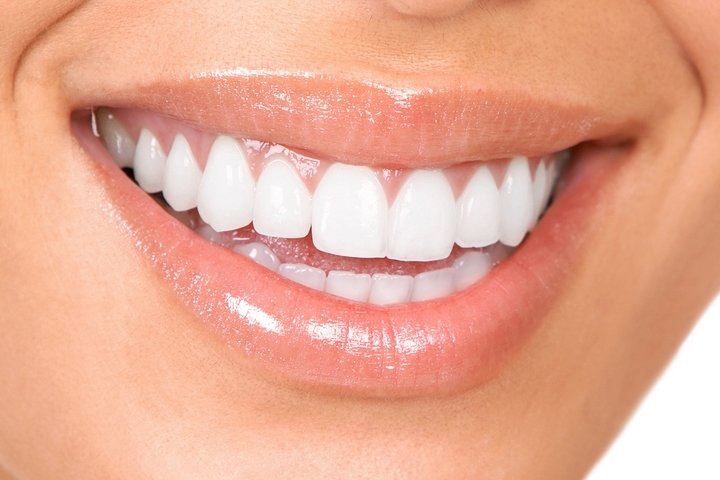
While you wait for your dental implant appointment, it is important to look after the rest of your teeth. Brush, floss regularly and keep getting your teeth checked regularly at the dentist. A sixth-month cleaning at the dentist is also highly recommended.
When In Doubt, Talk to Your Dentist About It
If you’re struggling with the emotional aspect and wrestling with the idea of possibly getting dental implants, talk to your dentist about it. They will be the best people to answer any questions and alleviate your fears.


